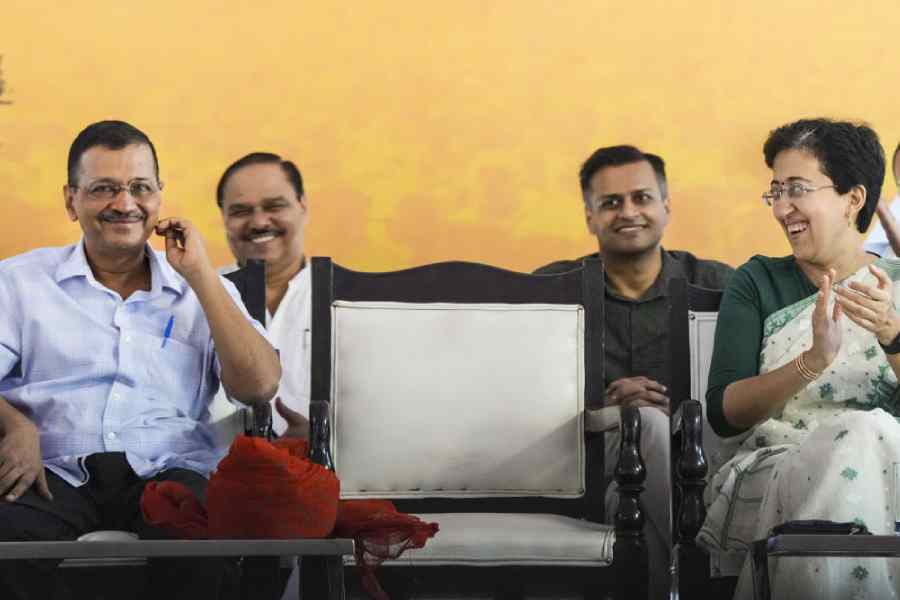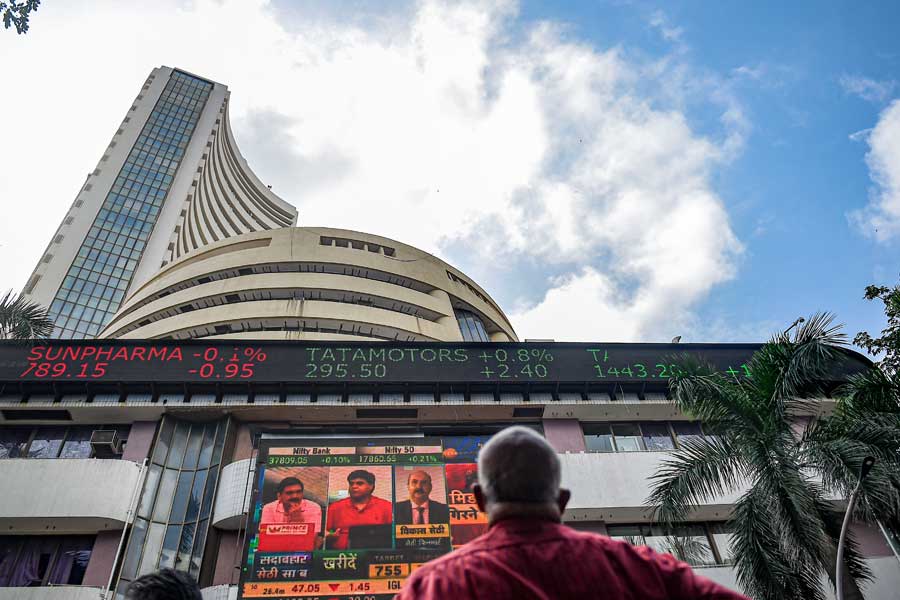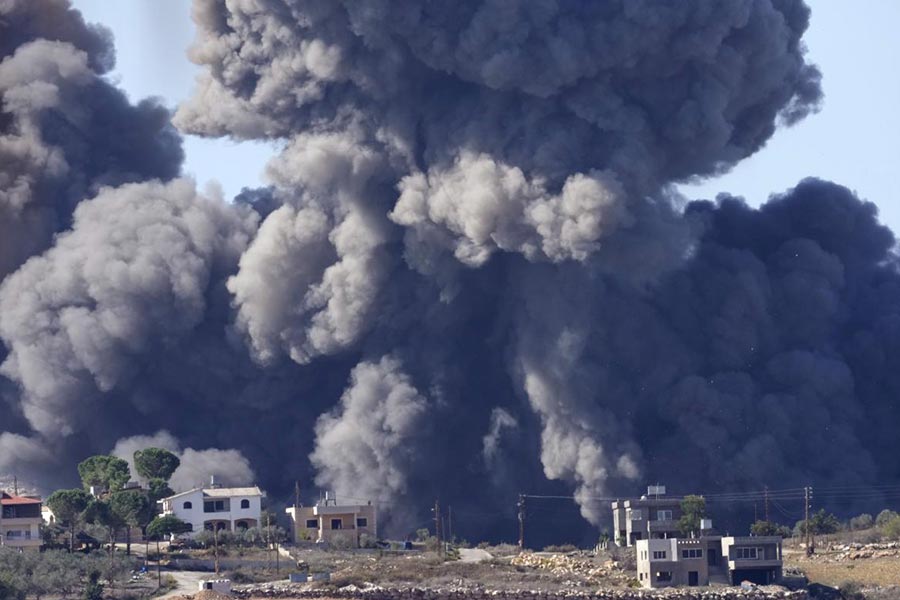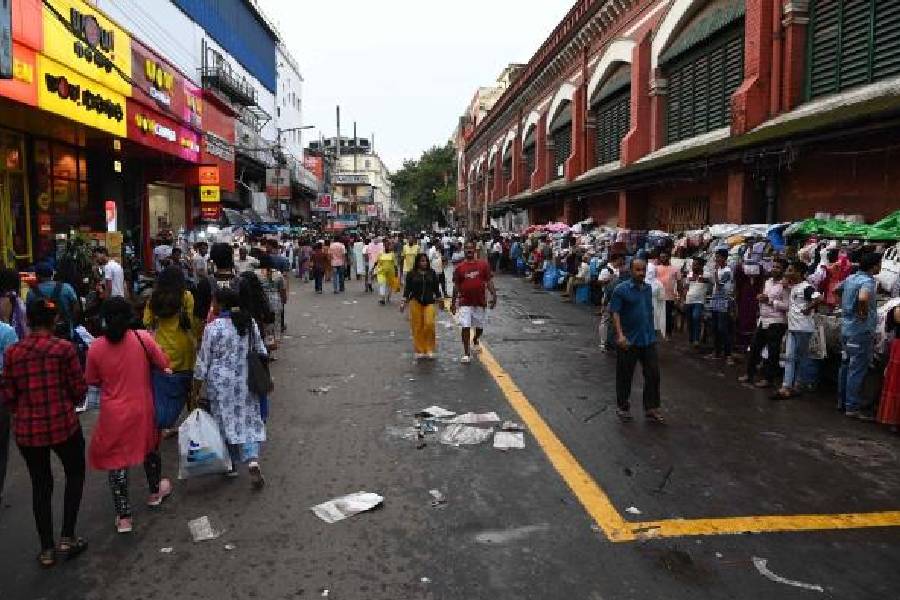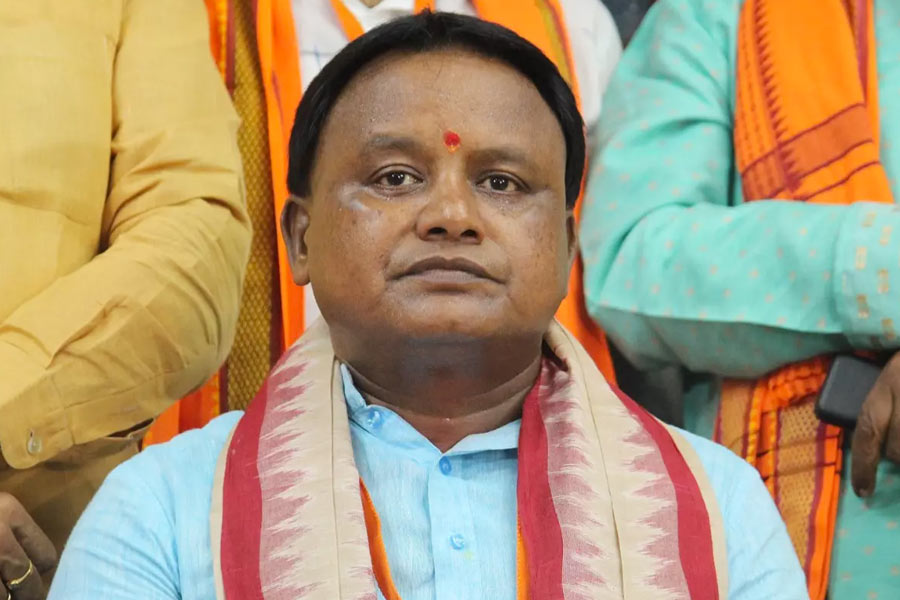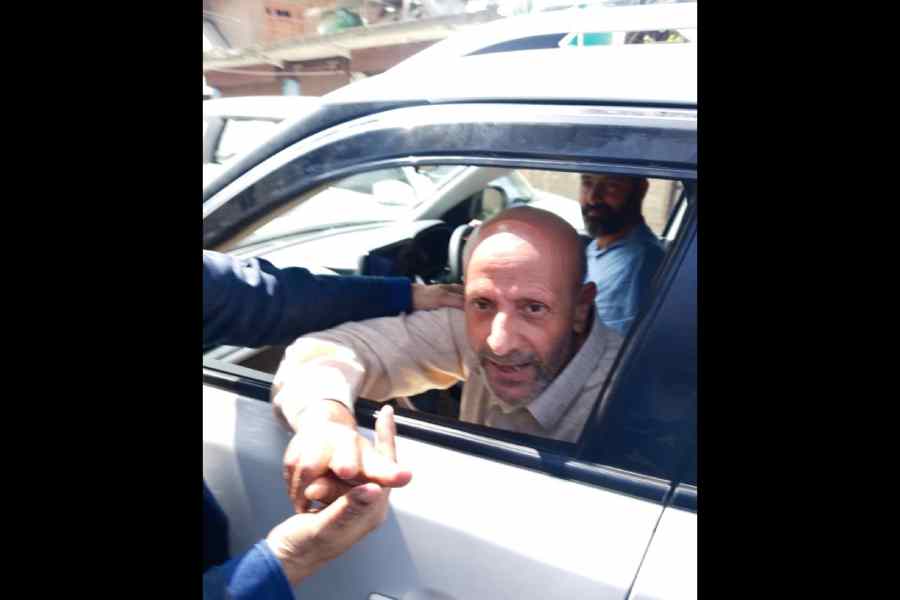India has pledged diagnostic kits and vaccines worth $7.5 million to prevent cervical cancer as part of a four-country initiative to help reduce the cancer burden in the Indo-Pacific, amid what some experts view as a delay in adding the jabs into India’s immunisation programme.
India’s commitment to share technical expertise, radiotherapy treatment capacity, diagnostic tools and vaccines is part of the Quad Cancer Moonshot Initiative launched on Saturday on the sidelines of the Quadrilateral Summit of the leaders of Australia, India, Japan and the US in Wilmington, Delaware.
Prime Minister Narendra Modi, speaking at the Quad Cancer Moonshot event, said India would provide support for radiotherapy treatment and capacity building for cancer prevention in the Indo-Pacific. He said the Indo-Pacific countries would benefit from the supply of 40 million doses of vaccines from India under GAVI, a global vaccine alliance.
The Pune-based Serum Institute of India, in partnership with GAVI, will support the procurement of up to 40 million doses of the human papilloma virus (HPV) vaccine for distribution across the Indo-Pacific region, according to a fact-sheet on the Cancer Moonshot Initiative.
Medical researchers have known for nearly four decades that HPV infections raise the risk of cervical cancer and more than 100 countries offer HPV vaccines to adolescent girls through their immunisation programmes to prevent cervical cancer.
Cervical cancer, while preventable through vaccination and usually treatable if detected early, remains the third leading cause of cancer deaths among women in the Indo-Pacific region. Fewer than one in 10 women in the Indo-Pacific have completed the HPV vaccination series and fewer than 10 per cent have had recent screening.
The Quad initiative will seek to address such gaps by promoting HPV vaccination and expanding access to screening and treatment options in underserved areas.
The US government, through USAID, has pledged at least $1.58 billion to GAVI which will bolster efforts to increase vaccine coverage, including the HPV vaccines,
in low- and middle-income countries.
Multiple US government departments will also contribute to the initiative through technical assistance, training, capacity building, expanding access to clinical trials and sharing information on the screening, prevention, diagnosis and treatment of cervical cancer, according to the fact-sheet.
Australia has pledged over $20 million and Japan $27 million for the Quad initiative for similar anti-cancer programmes in several southeast Asian and western Pacific island nations.
HPV vaccines have been available in India through the private sector since 2008, but public health experts have long advocated the need for the government to introduce the vaccine through the free immunisation programme to benefit all girls.
“It is unfortunate. The introduction of HPV vaccines has been excessively delayed,” said Bhudev Das, a cancer researcher and former director of India’s Institute of Cytology and Preventive Oncology, who had started work on HPV in the late-1980s.
An advisory group that guides the Union health ministry on immunisation had in 2017 recommended the introduction of HPV vaccines in the immunisation programme but this remains unimplemented, doctors say, likely because of the vaccine’s cost.
The Serum Institute had last year announced a homegrown HPV vaccine that was expected to cost lower than the foreign-made vaccines.


